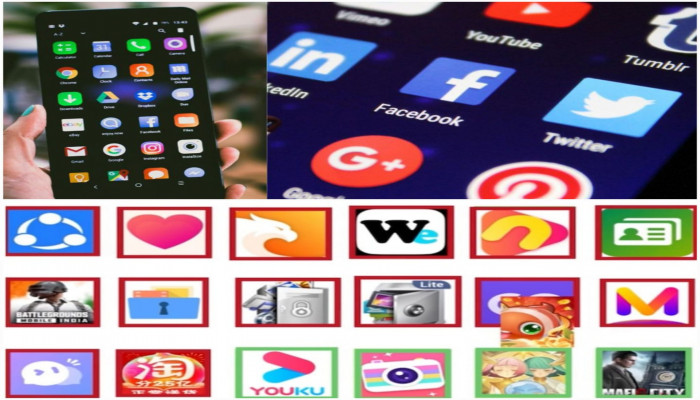36 banned Chinese apps now available on Google Play, App Store in India
- In Reports
- 01:43 PM, Feb 12, 2025
- Myind Staff
In 2020, India banned around 267 Chinese apps citing security threats and data privacy concerns. This decision was a response to escalating border tensions between India and China following the Galwan Valley clash. In 2025, many of these apps have resurfaced, either in their original form or under new identities.
At least 36 of the previously banned apps are currently available for download on the Google Play Store and Apple’s App Store. While some have retained their original names, others have slightly changed their branding, logos, or ownership details. These apps span various categories, including gaming, shopping, entertainment, file sharing and content creation.
According to the media platform India Today, several previously banned Chinese apps have reappeared in Indian app stores. Among them, the file-sharing app Xender, streaming platforms MangoTV and Youku, shopping app Taobao, and dating app Tantan are notable. While MangoTV has retained its original form, the other apps have undergone slight changes. For example, Xender is now listed on Apple's App Store as "Xender: File Share, Share Music," though it remains unavailable on Google Play Store. Likewise, Taobao has been renamed "Mobile Taobao," and Tantan has been rebranded as "TanTan - Asian Dating App."
Interestingly, while their original Chinese developers still operate some of these apps, others have found alternative ways to re-enter the Indian market. For example, the popular fashion retailer Shein has returned through a licensing agreement with Reliance. The Indian government has assured that all Shein-related user data will now be stored within India, preventing its Chinese parent company from accessing it. Instead of the ban, cloned versions of many apps are still being released. In some instances, the original developers have merely rebranded their apps with slight modifications while retaining their core features.
A notable example is PUBG Mobile, which was banned in 2020 but made a comeback in 2021 as Battlegrounds Mobile India (BGMI) under the ownership of South Korea’s Krafton. However, this version also faced a ban in 2022 before being reinstated in 2023 after adhering to security and compliance requirements.
The resurgence of these apps underscores the challenges of enforcing a complete ban. While the government can block access to specific applications, alternative versions, clones and similar platforms often emerge under new names. Additionally, some returning apps now list ownership under companies based in India, Singapore, Vietnam, South Korea, Seychelles, Japan and Bangladesh, making it even more difficult to trace their true origins.







Comments